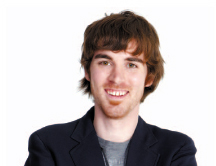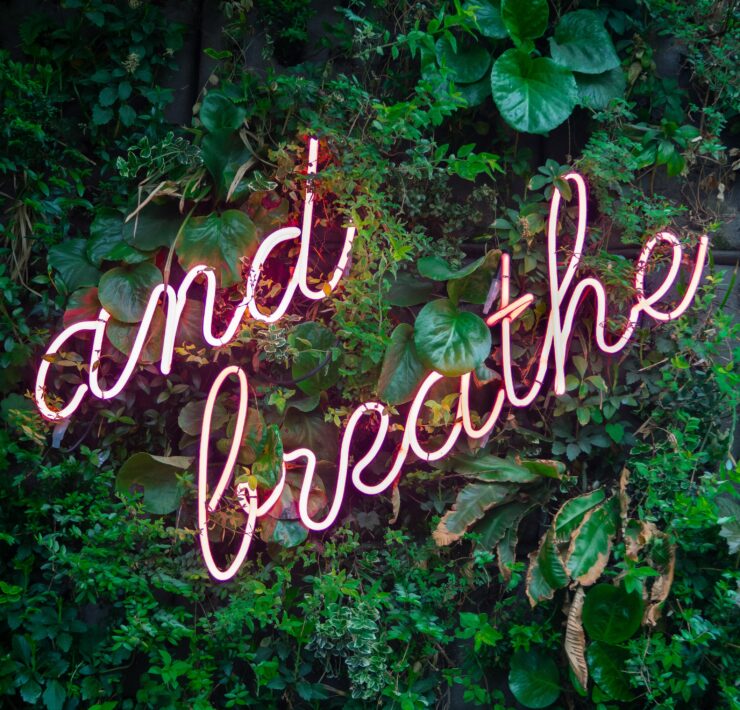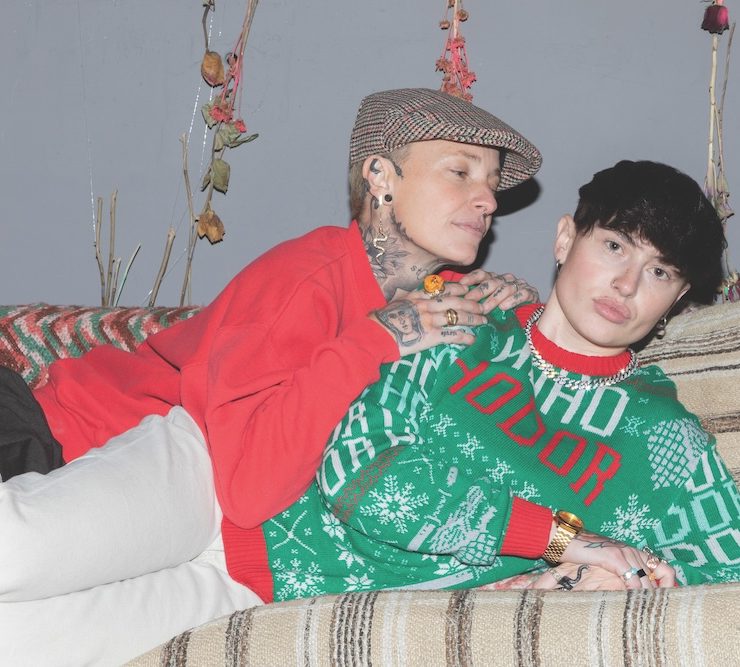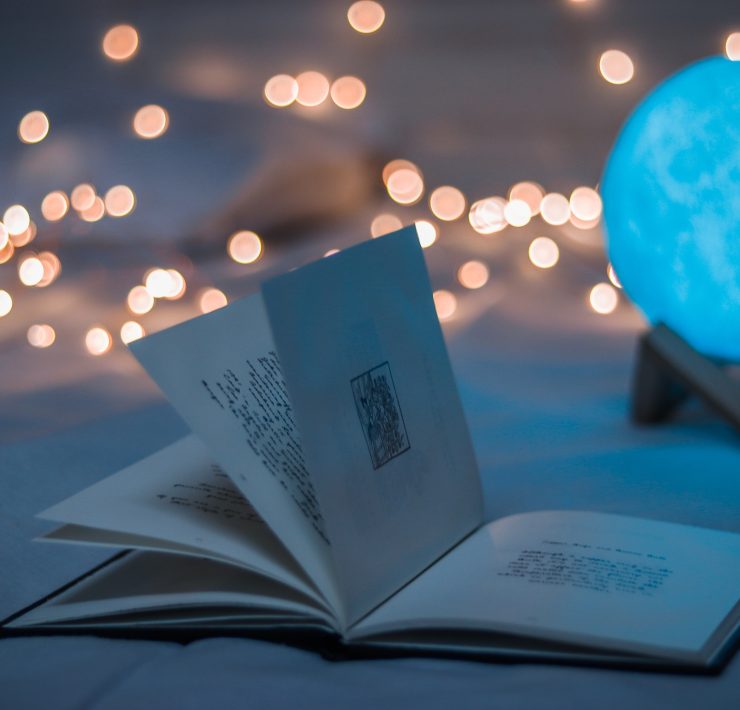From the Editor: Our soaring hopes and searing skepticism

We, in the LGBT community, are a self-critical bunch. If the comments we at Out Front hear are any indication, many of us think our community is too promiscuous, too risk-taking, too liberal, too conservative, too alcohol-oriented, too bitter toward religion, too addicted, too male-dominated, too “politically-correct,” too vulgar, too prejudiced, too gendered, too gender-bended, too shallow, too flaky, too commercialized, too segmented, too unhealthy, too narcissistic, too obsessed with body image, too dramatic or too reminiscent of negative stereotypes about us.
Maybe we’re all just a little too hard on ourselves?
OK, not all these criticisms about LGBT people are on the same level of seriousness. You probably found yourself nodding in agreement with some, cringing at others. Some of these observations are more principled, some are more selfless, and yes, some note things we do to each other or to parts of our own community that are downright indefensible. The most valuable concerns are distinguished by a sense of reciprocity, not battling differences in lifestyle or personality but focused on broad principles we hold ourselves to as well: Non-judgment, universal equality, sensitivity, inclusivity, compassion. They also come with a willingness to organize and work on them.
Still, one of our community’s distinguishing characteristics is that we struggle – a lot – with each other and ourselves. There’s a reason for that.
Our community comes from all corners. We are black, Latino, Asian and white; raised liberal, raised conservative, raised urban or rural; we grew up Jewish, Muslim, atheist, Christian, agnostic – the list doesn’t end. We grew up in every distinct culture and family life, usually not yet knowing we’re LGBT. Usually hearing mixed messages – in some cases overwhelmingly negative messages – about LGBT people, believing those messages, and with vastly different expectations about what proper sexual morals, manners, relationships, political views or social circles should look like.
Coming out – to ourselves first, then the world – and then discovering the “scene” where other LGBT people hang out, is where our individual stories only first begin to converge. With any such transition to a new community comes culture shock, the challenge of finding how we fit in, rethinking our prejudices and not necessarily approving of everything we see.
Through years of adolescent isolation we’d been desperately searching for “people like us.” Through those same years we’d been desperately hoping to establish which stereotypes about LGBT people that we, and each other, are not. It’s no surprise that a lot of young LGBT people reaching out to the gay world for the first time – with soaring hopes and searing skepticism – are initially overwhelmed and disappointed.
Imagine – we come with that baggage and hope, only to learn we’re as different from everybody else in the “scene” as we ever were among straight people. (You thought you were the only one who felt that way!) Imagine coming to a place expecting to finally be accepted, but to find there is still prejudice and rejection there. Remember when we were first introduced to LGBT culture, feeling only maybe a little bit less foreign than a straight person would be in our shoes, toward gay people of the other gender, toward the idea that gender itself is negotiable, toward different races and cultures, toward people with HIV, toward – goodness – drag queens – and toward vast shifts in experience between one generation and another.
Like any straight person would, we still had to learn tolerance for the LGBT community’s diversity, with the added feature that it was full of mirrors flashing things we were still struggling to accept about ourselves. And, at the same time, as brand-new baby gays, we started our first real romantic relationships with a fated mix of untested sexual moral views reconciling what we felt with what we’d been taught, teenagers’ sex drives (the thrill that it was new), adult expectations and pre-teen experience.
Naturally, we’ve experienced wanting everybody else to solve our frustrations by changing for us. We think sex should be limited to established relationships, but we’re horny as heck, so hope the first guy who smiles at us will commit by the end of the night so we can get on with it. A few days later we’re alone, feeling like we’ve been led on, testifying that gay guys are fickle whores. We’re secretly paranoid over whether we’re “visibly gay” so wish the twinkling queens and butch lesbians would start talking like good country folk lest some of their spice rub off on us. We declare that people we find exceptionally attractive should stop being too shallow to date us, then turn around and declare that people we find unattractive need to put some more damn work into themselves before they approach us. We develop detailed explanations for why each of our ex-girlfriends or ex-boyfriends or people who we used to have crushes on are evil jerks. (This list may be completely different for you, but you get the point).
We say people should be who they are – unless who they are happens to fulfill a stereotype used against LGBT people, in which case we say they’re just acting a part or are to blame for making us all look bad. We feel the same towards those who don’t fit the positive stereotypes – not trendy, not ambitious, too mainstream, too traditional. We wish everyone would stop being judgmental just enough that we make the cut, but not so much that everybody makes it.
And, Naturally, with some inevitable bumps and depressions at first, we’ve experienced periods of wanting to give up on the whole LGBT idea and declare ourselves outside it – the community unsalvageable, pointless. “Once I find love, the two of us will associate with only straight folks thank-you-very-much.” Or, “I’m not ‘gay,’ I’m just a man who happens to like men.” Sound familiar?
Those conflicts and insecurities peel away over time – most of us grow out of them – but there’s a simmering skepticism toward each other that we, and the community as a whole, always hang on to. There’s a callousness we hang on to. Even those who spiritedly embrace the movement have their critiques. It shows itself when we talk about each other, and when we roll our eyes, wrinkle our noses or hesitate to let ourselves be seen as associated when it comes to certain things LGBT.
Which comes to this issue of Out Front. Despite all its drawbacks, our community’s level of introspection and self-criticism is a tremendous asset, as long as we stick around and work. There are righteous complaints, loving suggestions, and valuable insights we can all use in calling ourselves out. What better time to channel that than through New Year’s resolutions – get it out of our systems – get it all on the table, and commit to do some work?
We, the LGBT community, are a motley, mottled assembly. In very few places do you see so many experiences – of race, culture, age, of sexual openness and otherwise, religious beliefs and nonbelief, gender and interpretations of gender, extremes of wealth, political views, experience with very different sorts of hardships, depression, loss, heartbreak, addiction, living and thriving with disease, of personality and style – hanging out in the same place at the same time, truly together, talking to each other. The LGBT community is one of those places. Like many other minority groups, our hardships have instilled in us a remarkable focus and solidarity. In a few decades, though, maybe a generation or two, many of us will have won full equality and our place in the mainstream. And since, unlike many of those other groups, we arrive on Earth imbedded in such disparate identities, we’ll then have to decide whether we will fragment into our respective other communities – grab our partners and go home – where surely some will say we fit better.
Or, we can decide that we really can put up with each other enough after all, we do like each other enough after all, to proudly stick together – though we’ll no longer have to – with all our history and creativity and personality and individuality we offer in the funky agglomeration of human experience we are.
I hope our answer is yes.










